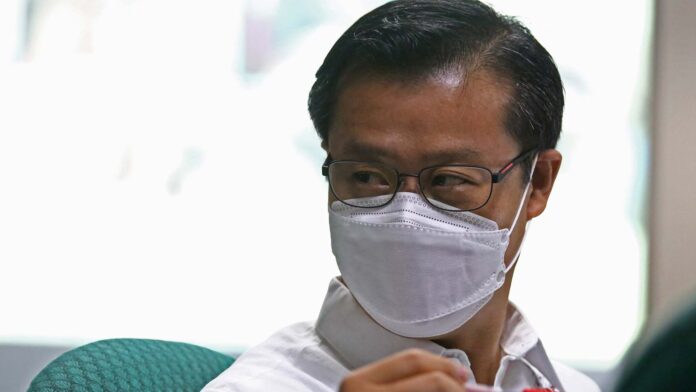Senator Win Gatchalian has taken steps in safeguarding financial consumers from being victimized by unethical and fraudulent schemes of some financial service providers and unscrupulous individuals.
Noting the wide array of financial products and services following the COVID-19 outbreak, including the emergence of fraudsters that victimized those struggling with lost income, Gatchalian underscored the need to come up with a framework that will uphold consumer protection.
“Lubhang nakakabahala ang pagdami ng reklamo mula sa mga konsyumer laban sa mga naglipanang nagpapautang sa online o kaya mga loan sharks na lalo pang naging mapangahas ngayong may pandemya. Alam nilang hindi sila sakop ng financial regulators kaya kailangan ng mas epektibong mekanismo na tutugon sa mga makabagong pamamaraan ng mga mapagsamantala sa kapwa,” Gatchalian said in filing Senate Bill No. 2287.
SB No. 2287 or the “Financial Products and Services Consumer Protection Act” seeks to expand the jurisdiction of government financial regulators to cover all financial products and services offered or marketed by any financial service provider in the country, Gatchalian said.
Under the bill, the Bangko Sentral ng Pilipinas (BSP), Securities and Exchange Commission (SEC), Insurance Commission (IC) and the Cooperative Development Authority (CDA) would be empowered to perform acts necessary for the protection of financial consumers such as market conduct surveillance and examination, market monitoring, enforcement, provision of complaints handling mechanism, adjudication and rule-making among others.
Financial service providers, on the other hand, will be prohibited from employing abusive collection or debt recovery practices against their financial consumers, the Vice Chairperson of the Senate Committee on Banks, Financial Institutions and Currencies stressed.
The senator took note of the 15,015 new complaints received by the BSP’s Consumer Empowerment Group from the first to the third quarter of 2020 that reflected a 63.3% increase from those recorded in 2019 which stood at only 9,250.
The figures, he said, did not take into account the unreported cases as some individuals and businesses were discouraged to do so because of insufficient action on the part of the bank, regulatory agency or law enforcement.






